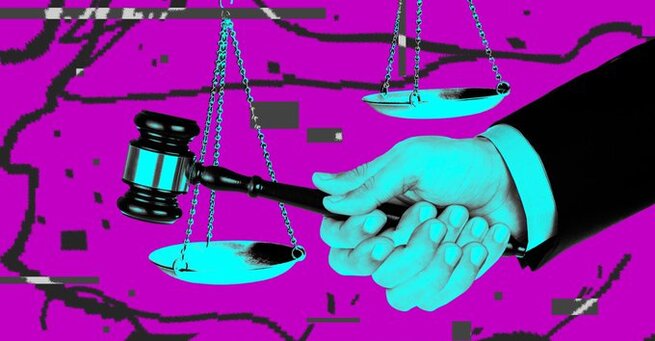
Concerns over fairness have put Anthropic’s $1.5 billion book piracy settlement on pause, leaving authors and industry observers uncertain about the outcome. The case has attracted widespread attention as it directly impacts how AI companies handle copyrighted material, author compensation, and the future of fair use in artificial intelligence. Many are asking why the judge intervened, what it means for authors, and how this decision could influence other copyright disputes.
Anthropic had agreed to a massive $1.5 billion settlement aimed at resolving claims from U.S. authors who alleged their books were used without permission to train AI models. Under the proposed terms, authors would receive about $3,000 for each title affected. However, Judge William Alsup raised concerns during a recent hearing, warning that such a deal might be crafted behind closed doors and unfairly imposed on writers. His decision highlights ongoing tension between AI companies seeking quick resolutions and the legal system’s role in protecting creators.
The judge’s hesitation stems from fears that class action lawyers could dominate negotiations, sidelining the very authors they represent. This pause ensures that authors’ rights and fair compensation remain central to the process. Judge Alsup’s intervention underscores the importance of transparency, especially as cases involving artificial intelligence and intellectual property become increasingly complex. By challenging the settlement, the court signals that it will not simply rubber-stamp agreements without ensuring equity for all parties.
For authors, the delay prolongs uncertainty about compensation, but it may also lead to stronger, more balanced terms in the future. Many writers argue that $3,000 per book undervalues their work and does not reflect the potential profits AI companies generate. For Anthropic and other AI firms, this case serves as a warning: using copyrighted content for model training without clear licensing agreements carries not only financial risks but also reputational consequences.
The outcome of this case could set an important precedent for how courts handle copyright disputes tied to artificial intelligence. If stricter settlement terms emerge, AI companies may be forced to rethink their data training strategies and adopt licensing agreements with content creators. On the other hand, a weaker settlement could encourage similar lawsuits from other groups of creators. Either way, the ruling ensures that the conversation around fair use, compensation, and AI ethics will continue shaping the industry in 2025 and beyond.
𝗦𝗲𝗺𝗮𝘀𝗼𝗰𝗶𝗮𝗹 𝗶𝘀 𝘄𝗵𝗲𝗿𝗲 𝗿𝗲𝗮𝗹 𝗽𝗲𝗼𝗽𝗹𝗲 𝗰𝗼𝗻𝗻𝗲𝗰𝘁, 𝗴𝗿𝗼𝘄, 𝗮𝗻𝗱 𝗯𝗲𝗹𝗼𝗻𝗴. We’re more than just a social platform — from jobs and blogs to events and daily chats, we bring people and ideas together in one simple, meaningful space.